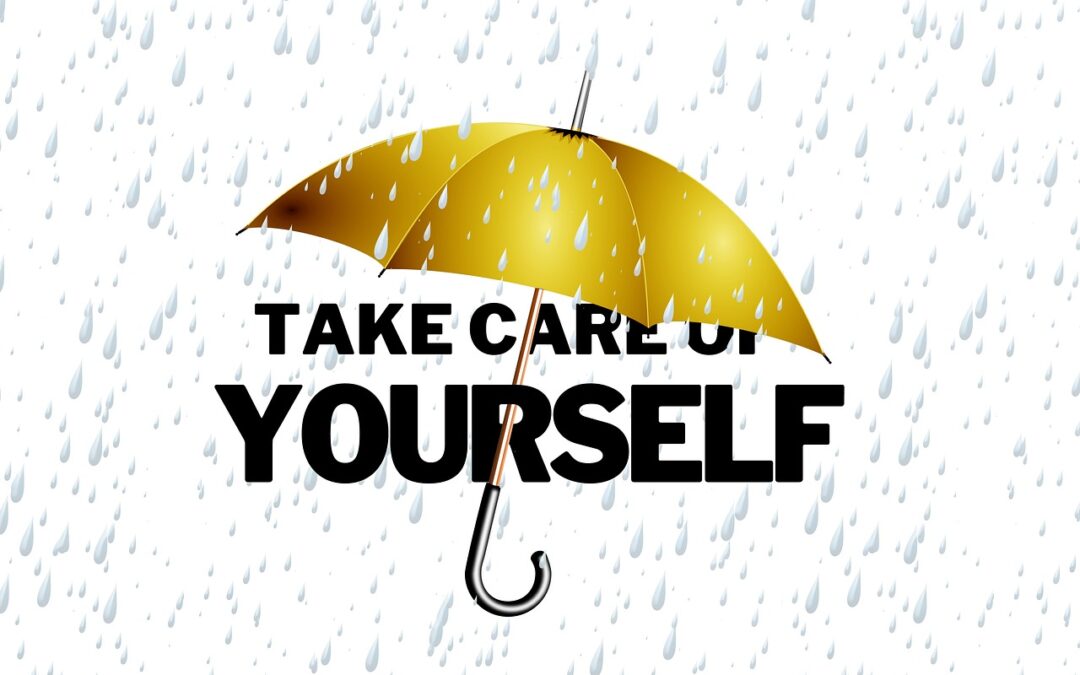We all live individual lives, dictated by different circumstances, choices, and experiences. Yet, it can be really easy to fall into comparing ourselves to others. Even knowing the diversity of life’s experiences, it can feel as though we need to meet the standards of others or traditional milestones.
Unfortunately, this way of thinking can be psychologically and practically disruptive. This is often made worse because our constant connections to social media expose us to images and comments that exacerbate an unhealthy comparison culture. It’s important to understand this issue better and develop strategies to overcome it.
Recognizing and Minimizing the Impact
Comparing other people’s lives to our own may seem like a relatively innocuous activity, but it’s important to recognize just how psychologically disruptive it can become. At the milder end of the scale, it may stir a little of the competitive streak in us. Often, though, it can provoke thought spirals related to our concerns that we aren’t as far ahead in our careers as others or that our lifestyles aren’t as enriching as those we see online. By defining the success of our life journeys to those of other people, we develop an unfair and inaccurate perspective that can diminish our sense of self-worth.
In fact, one of the most prominent comparison issues is how social media can affect body image. Our feeds are constantly saturated with highly curated images of people with idealized and often unachievable beauty standards. It can also be a forum for body shaming and put pressure on people to meet the standards of others, which can trigger feelings of anxiety and encourage unhealthy self-critique if we can’t fit easily into the apparent beauty norms.
This doesn’t mean that you’re powerless, though. Once you recognize the comparison effect that social media can have, you can start to take action. The most direct approach is to change your feed by following accounts and joining communities that focus on mental wellness, body positivity, and providing support to people with diverse life experiences. You can also set time limits on your social media time, disrupting the doom scroll and your exposure to images that trigger unhelpful comparisons.
Developing Self-Care Routines

By Duckleap Free Resources from Pixabay
Even when you’ve adjusted your social media feed and responses to it, it can still be difficult to avoid comparisons entirely. Given that these often involve harsh and distorted self-criticism, it’s important to counter unhelpful self-talk with acts of personal kindness. Developing self-care routines can both be a buffer against the negative effects of comparison, while also being a way to gain personal and psychological enrichment.
Part of the difficulty with self-care is that it’s easy to push aside, particularly if you have a busy life. Focusing on building a self-care ritual you can stick to boosts the consistency of your efforts, which tends to make them more effective. This might include simple measures like taking a short, mindful walk or doing a few yoga poses. These are chances to slow down, check in with yourself, and disrupt the train of unhelpful thoughts and emotions. Scheduling time in your day for a wellness routine, like stress-relieving breathing exercises when you finish work, is like making an appointment for self-care that you must attend.
Perhaps above all else, prioritize activities that bring you some joy in your life. So much of the toxicity around comparison culture is based on what we don’t have or what we should be achieving. Committing to regularly making space for hobbies, sports you enjoy, or even retail therapy isn’t just another way to break through the stress of everyday life. It’s also a route to boosting your self-worth and highlighting things to be grateful for in the life you have cultivated.
Focusing on Personal Growth
Part of the problem with comparison culture is that it can put a lot of pressure on people and push them to extremes so they can reach the standards of others. Even if there are areas of your life you could genuinely work on — as is the case with all of us — a better approach is to focus on the characteristics and goals that are right specifically for you. Rather than make changes that bring you closer to the ideals others promote about themselves, aim to go on a personal growth journey that will be both more enriching and psychologically healthier.
This begins with stepping away from external influences — like social media — and honestly assessing what you want from your life. Try to stay positive here. This isn’t a process of brow-beating yourself, but rather meditating on what is important to you, what you feel you can achieve, and what types of experiences can bring you closer to the growth you want. It’s wise to work on diverse areas. Consider your health, your professional path, your creative actions, and even your spiritual journey.
It can help to make a plan from here. Listing out the key areas of growth can be a good tool for prioritizing changes in your life and setting milestone goals. These should be small aims as well as big ambitions. Don’t forget to celebrate your achievements along the way and be kind to yourself when you aren’t as successful. Importantly, don’t compare this path to that of others.
Conclusion
Overcoming the influence of comparison culture is an essential part of living a mentally healthier life. The steps generally revolve around gaining an awareness of how irrelevant others’ standards are to your life and focusing your efforts on activities that are more enriching for you. This isn’t to say the process is necessarily easy. It may take some time to find routines that help you to manage feelings of low self-worth. But with commitment and a lot of self-compassion, you can forge a path that’s right for you.
Feature Image by Gerd Altmann from Pixabay


